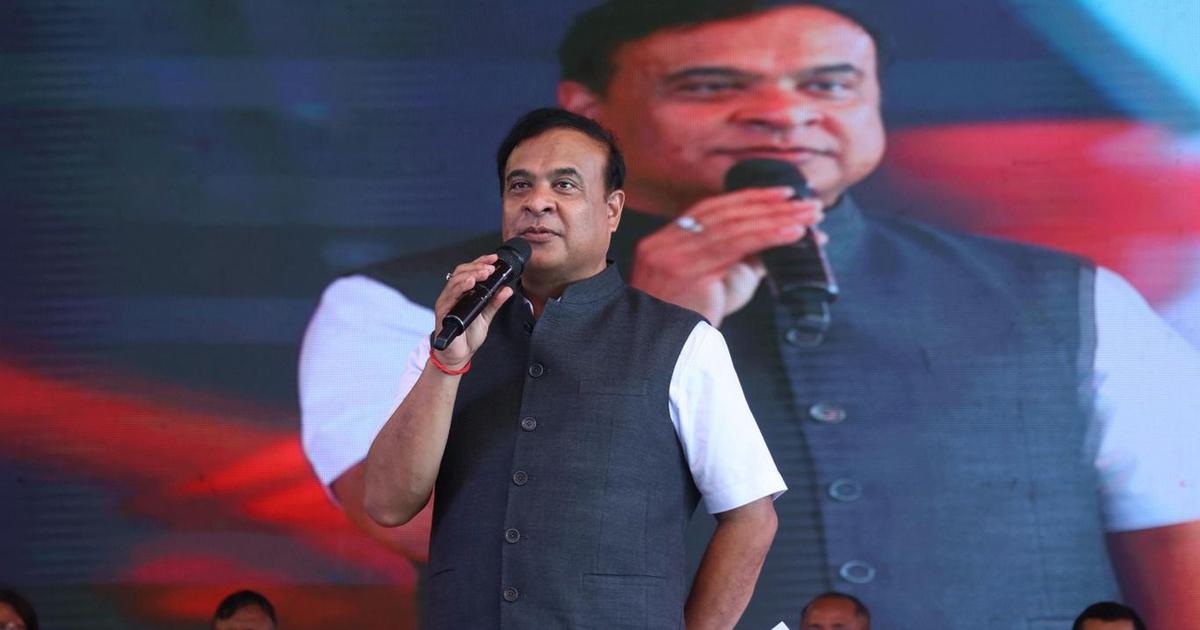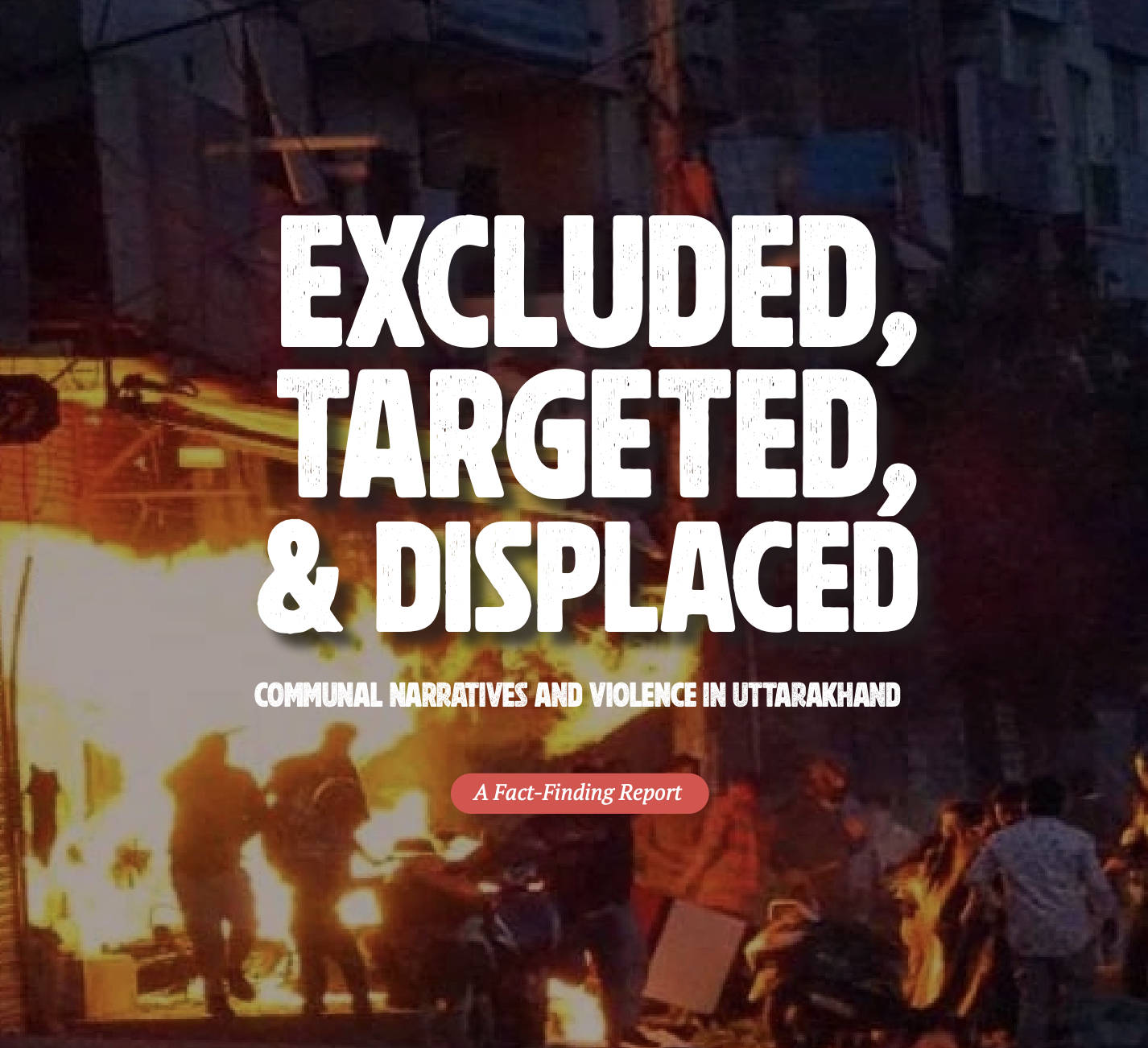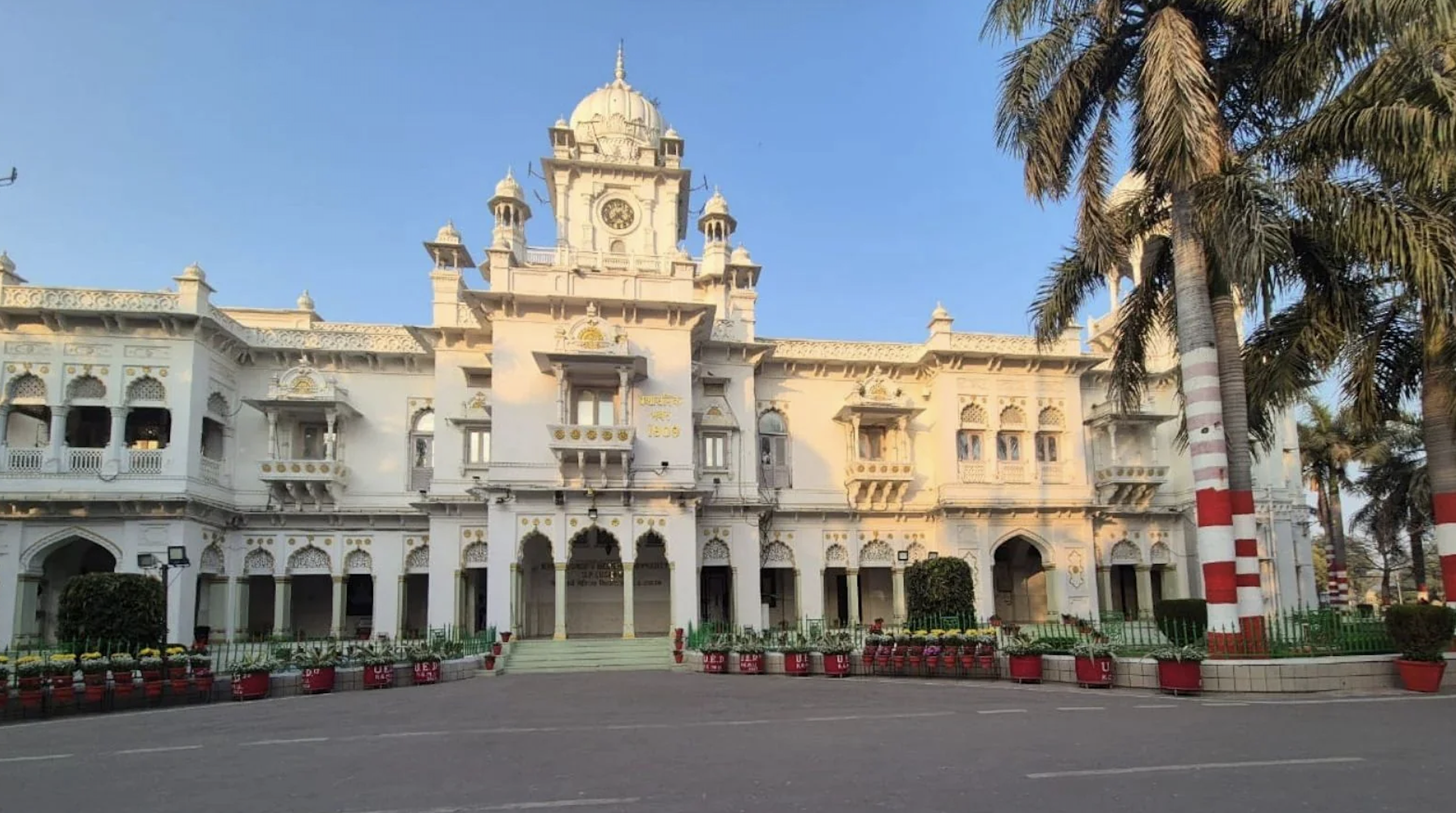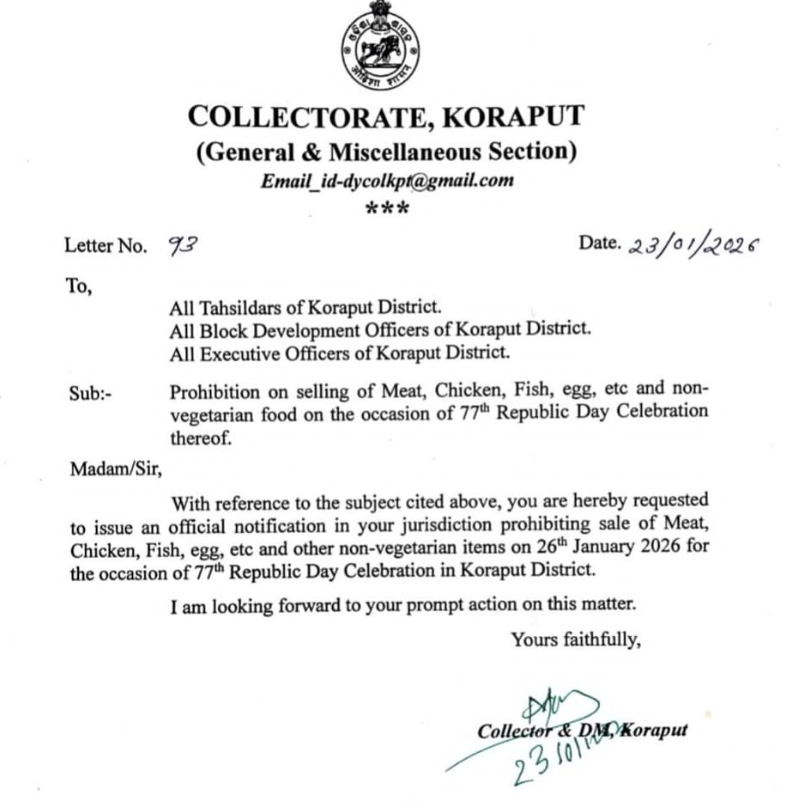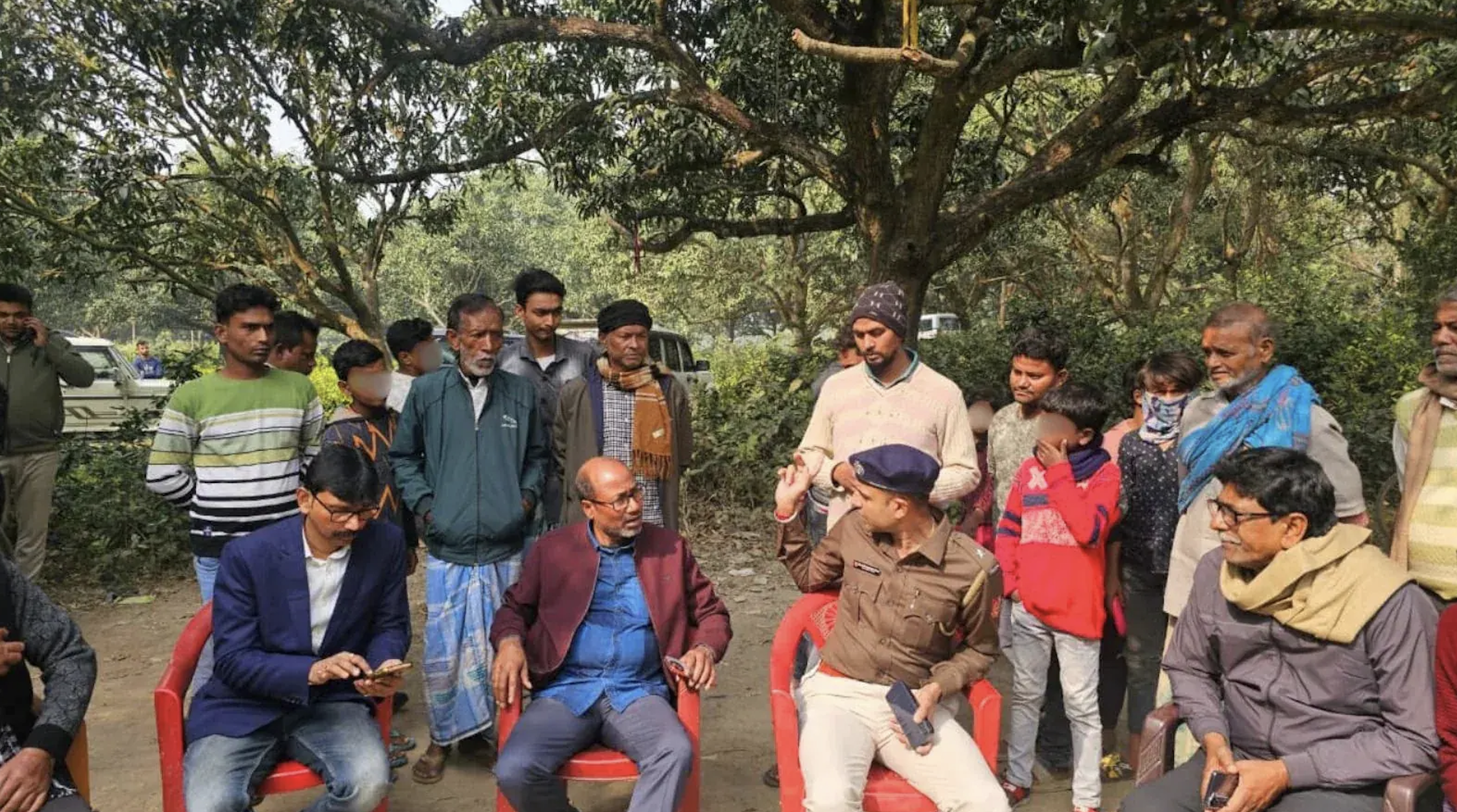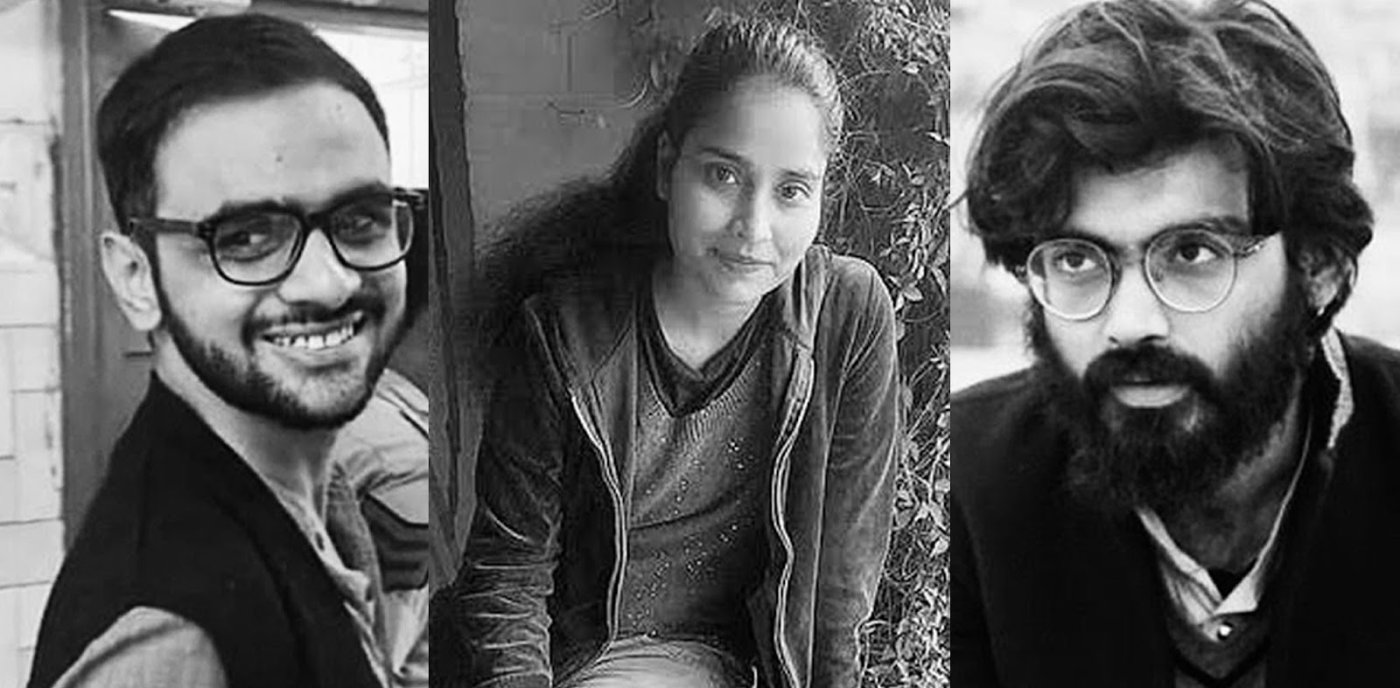
By Betwa Sharma
New Delhi: “All appeals are dismissed,” said a Delhi High Court judge on 2 September 2025. After a pause, solicitor general Tushar Mehta replied: “Very grateful, your lordships. Very grateful.”
With that 15-second exchange, the long struggle for bail by nine Muslim activists ended in defeat. They had protested the Citizenship Amendment Act (CAA) of 2019, were later accused of conspiring to incite the 2020 Delhi riots, and now face charges of terrorism, murder and sedition.
Five years later, they remain in jail without a trial.
Some, like Gulfisha Fatima, a 32-year-old Muslim woman from a low income family, Sharjeel Imam, a 37-year-old PhD candidate at the Jawaharlal Nehru University, and Khalid Saifi, a 44-year-old businessman, community leader, and father of two, had spent more than three years waiting as their pleas remained pending before the high court, repeatedly delayed as judges were transferred and left without delivering a verdict.
This delay occurred despite repeated Supreme Court judgments emphasising that bail should be the rule and jail the exception, even in cases involving charges under stringent laws such as the Unlawful Activities Prevention Act (UAPA), 1967, and that undue delays in deciding bail applications and prolonged pre-trial detention violate the fundamental right to life and personal liberty guaranteed under Article 21 of the Indian Constitution.
In denying bail, the two-judge bench of Justices Shailender Kaur and Navin Chawla, failed to take into account the delay in the bail proceedings before the high court, overlooked the fact that five years had passed without a trial, and appeared to accept the prosecution’s version of events without scrutiny.
The order marked a regression from established jurisprudence that prioritises personal liberty and cautions against prolonged pre-trial incarceration.
Justices Chawla and Kaur, who began hearing the bail applications afresh in December 2024 and reserved their verdict on 9 July, denied bail to nine accused in the Delhi riots “larger conspiracy” case registered under the UAPA. They included Umar Khalid, Gulfisha Fatima, Sharjeel Imam, Khalid Saifi, Meeran Haider, Shifa-ur-Rehman, Athar Khan, Mohd Saleem Khan, and Shadab Ahmed.
That same day, a different bench of Subramonium Prasad and Justice Harish Vaidyanathan, denied bail to Tasleem Ahmed, who is also accused in the same case.
This story was originally published in article-14.com. Read the full story here.


